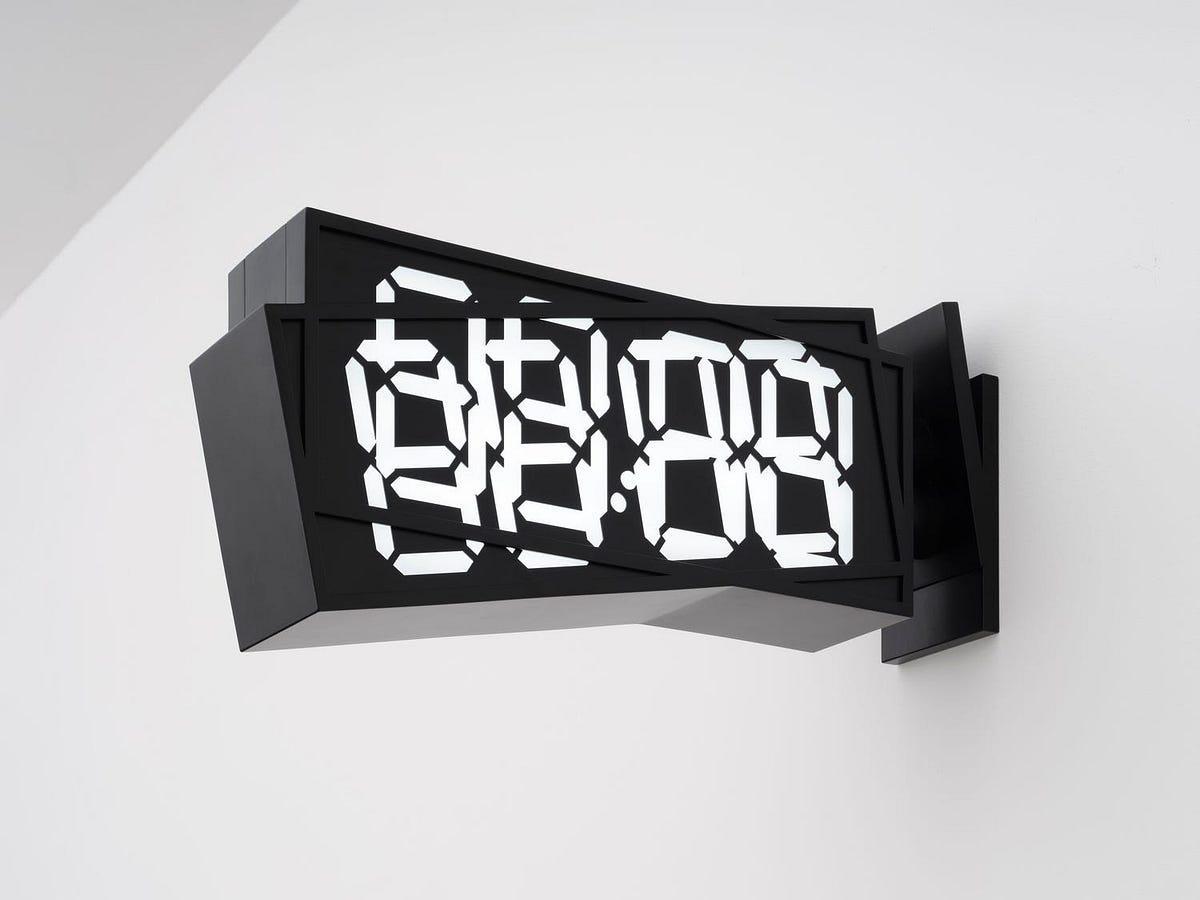This week, I was listening to a podcast about how our ability to maintain sustained attention is declining. Research shows that since the increase in internet usage, our periods of focused attention have significantly decreased over the past 20 years. In 2004, the average time that desk-based information workers spent on a single screen was 2.5 minutes. By 2012, it had decreased to an average of 75 seconds. And by 2020, the average attention span was just 47 seconds.
The typical behavior patterns present in these studies show that people are interrupted from the tasks they were initially working on, then interrupted by something else, and then interrupted again, and so on. It takes workers an average of about 25 minutes to return to their original task.
I recognize this scenario in my own working habits. Sitting down to write this on a Friday afternoon, I was really having a solid time, and it was probably just 47 seconds before an Instagram notification popped up on my phone screen. Of course, I reached for it, swiped to open it, checked the messages, and replied. Then I thought I would just take a quick look at my feed to see if my favorite Instagrammers had posted anything. Sure enough, comedian Chris Hall had posted one of his excellent backing singer dance videos that he made with his sister. So I watched it. And I thought it should remind us to message my sister about how we should start making similar videos on Instagram someday and how much fun it would be. Then she sent me a message with a photo of the start of her weekend trip to Venice. And I started Googling restaurants in Venice to prepare for a trip later this year. Finally, after 30 minutes of procrastinating looking at all kinds of nonsense, I returned to focus on this. But I ran out of time to finish it.
What I find really interesting about this particular research in psychology is that the findings suggest we are conditioned to expect to be frequently distracted.
